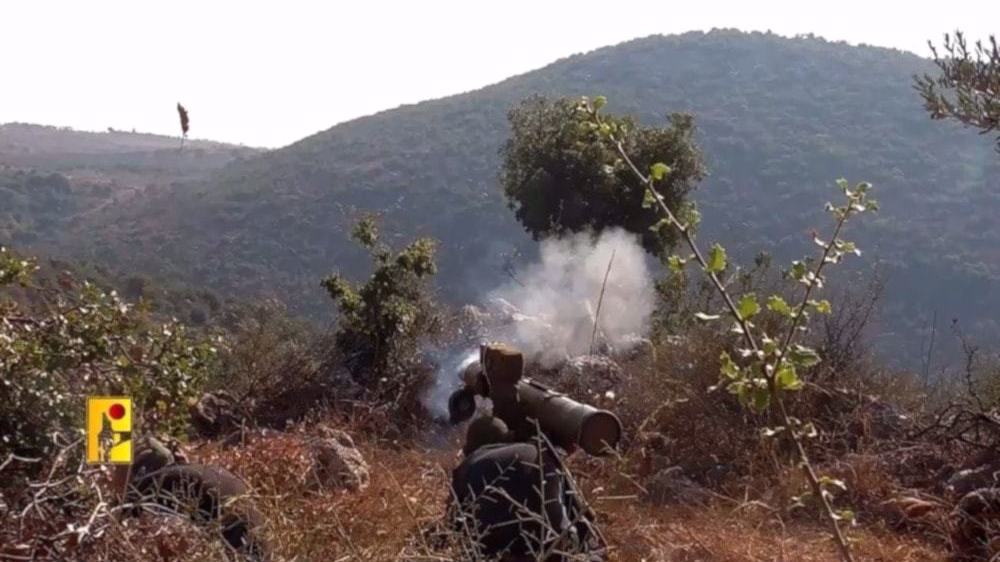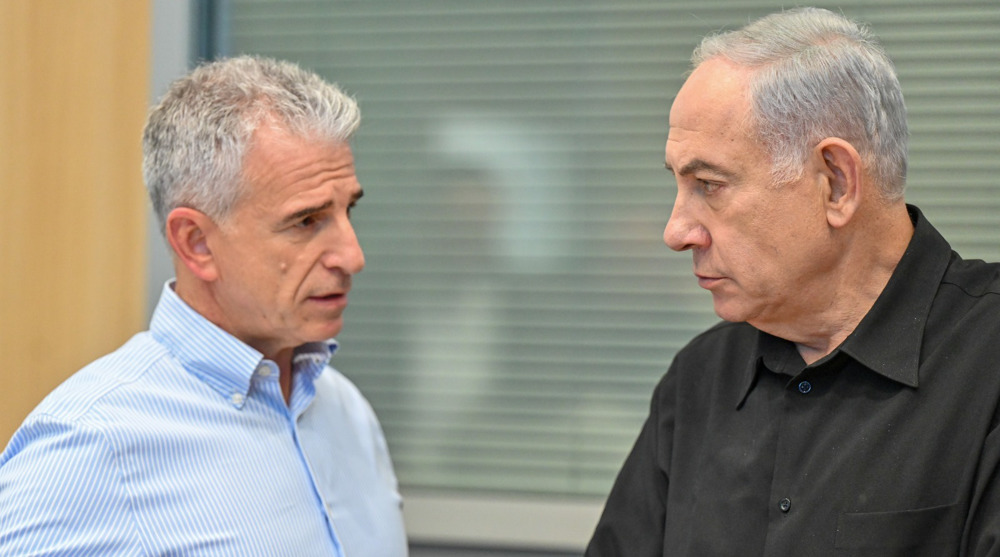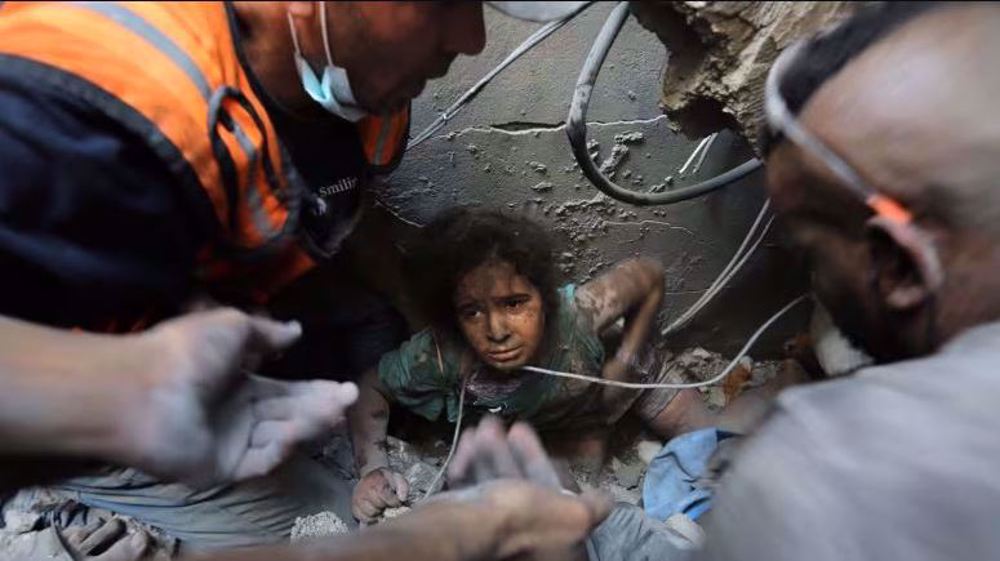Gazan makes water treatment machine to allay water woes
A Palestinian engineer has developed a seawater desalination machine to help assuage the pain of more than 1.8 million people living under the Israeli blockade in the Gaza Strip.
Diaa Abu Assi says he has spent about past 18 months to develop the system in a bid to save lives in the besieged enclave.
"Water shortages are a real threat to life in Gaza. The only solution is to filter water from the Mediterranean," said Abu Assi, warning that “there will be no drinkable water in Gaza" by 2020.
The project, which is supported by Gaza's Islamic University and an Omani research organization, uses filters made of nano-material to reduce the salinity in seawater to a drinkable level. It can desalinate some 1,000 liters per day.
"The idea is to save Gaza from the disaster that awaits it in the next five years by using the one resource we do have - seawater," Abu Assi said.
"The lives of nearly two million people are at stake," he said.

Gazans’ annual water consumption stands at 180 million cubic meters, half of which is used in agriculture and industry.
The United Nations estimates that Gaza's population to increase to 2.3 million by 2020. It says demand for water is expected to jump by a 260 million cubic meter over the next five years.
Robert Turner, the director of operations in Gaza for the UN agency for Palestinian refugees (UNRWA), said the territory would become "uninhabitable" due to extreme water shortage.
A January report by the Palestinian Water Authority (PWA) said that over 95 percent of the Palestinian territory’s aquifer is polluted with high levels of nitrates and chloride due to the Israeli blockade and frequent attacks.
Attacks on sewage treatment plants during the Israeli military aggression have resulted in raw sewage leakage into the ground, further contaminating water resources.

This situation has forced Gazans to buy treated water from filtration stations.
Israel also puts tight restrictions on the entry of water treatment equipment into the blockaded territory allegedly for security reasons.
Experts say the Israeli blockade and attacks on water and sewage treatment plants have played a major role in contaminating Gaza’s water.
Years of Israeli blockade and frequent attacks have taken their toll on Gaza's underground water.
Gaza has been blockaded since 2007, resulting in a situation that has caused a decline in living standards, unprecedented levels of unemployment, and unrelenting poverty.
DB/KA/HMV
Hezbollah hits Israeli military site in retaliation for aggression on Gaza
Mossad admits for first time: We were surprised by Hamas operation
Hamas: Ball in Israel's court after rejecting Gaza truce proposal
VIDEO | Press TV's news headlines
VIDEO | Interview with DhaifAllah al-Shami
Iran urges Europe to 'raise voice for justice on Palestinian issue'
May 9: ‘Axis of Resistance’ operations against Israeli occupation
VIDEO | Venice: Police clash with pro-Palestine protesters at G7 Justice meeting










 This makes it easy to access the Press TV website
This makes it easy to access the Press TV website